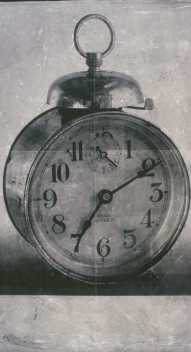
The sharing ecosystem that driverless cars are going to usher in is going to cut down on the number of cars on the road and as a consequence, will kill the modern parking lot. Cities could look completely different with 80 percent fewer cars on the road, you know. The vision (and that number), put forward by Carlos Ratti, director of MIT‘s Sensible City Lab earlier this week, isn’t new: Autonomous cars and buses will supplement public transit by providing “last mile” transport. People will share rides instead of owning cars, cutting down the number of vehicles needed for mobility in congested cities dramatically. “Your car could give you a lift to work in the morning and then, rather than sitting idle in a […] Read More
